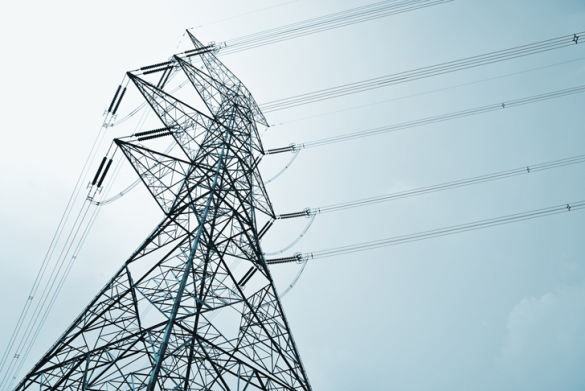The electricity interconnection project between Egypt and Saudi Arabia is set to begin operations in the first half of next year. This initial phase will have a capacity of 3,000 megawatts (MW). The Ministry of Electricity and Renewable Energy in Egypt announced this development, highlighting the importance of the project for both countries.
The project will include three major electrical transmission plants located in Medina and Tabouk in Saudi Arabia, and Badr City in Egypt. These plants will be linked by overhead power lines stretching 1,350 kilometers and complemented by submarine cables. A consortium of three global companies is responsible for implementing the project. An agreement signed in October 2021 confirmed that Egypt and Saudi Arabia would initially exchange up to 3,000MW of electricity. This linkage is seen as crucial for ensuring the stability of the electricity networks in both countries and reducing their reliance on additional fuel for power generation.
Egypt has been facing significant challenges with its electricity supply. The country has been grappling with power cuts amid a heatwave and gas shortages. To address this issue, Egypt has set aside nearly $1.2 billion to secure the necessary fuel to end the ongoing loadshedding, which has been in place since last July. The rising demand on the grid, primarily due to increased use of air conditioners, has exacerbated the situation in recent months.
The Egyptian government aims to turn the country into a global energy hub, leveraging its strategic location between Africa, Europe, and the Arab Gulf. The electricity linkage project with Saudi Arabia is a significant step towards this goal. In addition to this project, Egypt is exploring similar linkages with other African states, particularly those with substantial hydropower capabilities.
Studies are currently underway to increase the output of the electricity linkage with Libya from 150MW to 2,000MW. In January 2023, the output was raised from 100MW to 150MW at Libya’s request. Similarly, there are plans to enhance the output of Egypt’s electricity linkage with Jordan, increasing it from 450MW to 1,100MW.
The overhead power lines and submarine cables are designed to withstand harsh environmental conditions, ensuring a reliable and continuous supply of electricity. The consortium of companies working on the project brings together expertise from various fields, ensuring that the project is completed on time and within budget.
Egypt’s strategy to become an energy hub involves not only building new infrastructure but also upgrading existing facilities. The government is investing in renewable energy sources, such as solar and wind power, to diversify its energy mix and reduce dependence on fossil fuels. These efforts are part of a broader plan to enhance energy security and sustainability in the region.
The electricity linkage project with Saudi Arabia is expected to have far-reaching benefits. It will help stabilize electricity supplies in both countries, support economic growth, and contribute to regional integration. By connecting their grids, Egypt and Saudi Arabia can share surplus electricity, reduce waste, and ensure a more stable and resilient energy supply.



